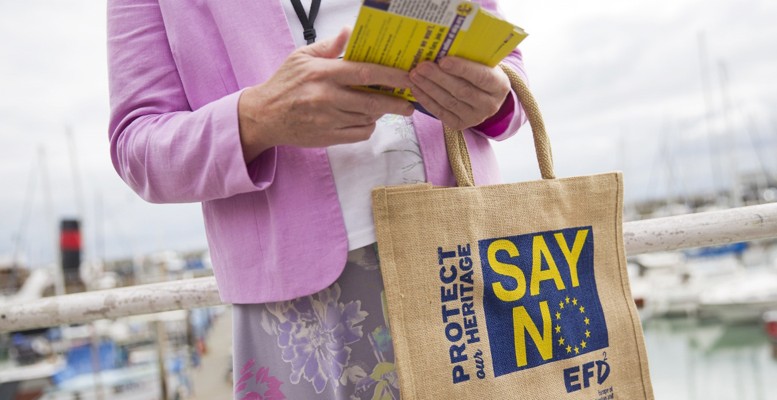BARCLAYS | We believe that uncertainty on the timing of the UK referendum on EU membership and its outcome will have a temporary negative impact on the UK’s economic activity, mostly through lower private investment. We expect growth to slow to 1.9% in 2016 from 2.2% in 2015 . We base our forecasts on the UK remaining a part of the EU , but should it vote to leave, uncertainties would persist beyond 2016 and economic activity could be hurt for a more protracted period.
The UK’s referendum on European Union (EU) membership must take place before the end of 2017. As we explored in our recent report, Thinking Macro: EU referendum: The clue is in the name , 28 January, we believe there are strong incentives for Prime Minister David Cameron to hold it sooner rather than later , including the risk of adverse news flow relating to the migrant crisis during the northern hemisphere summer . Furthermore, French and German elections are scheduled for May and September 2017, respectively.
PM Cameron is campaigning for the UK to remain part of the EU on the basis of reform in the following areas: 1) economic governance; 2) competitiveness; 3) sovereignty; and 4) immigration. Although some of UK demands would require a Treaty change, at least at a later stage, the President of the EU Council has agreed with PM Cameron to submit a draft Decision to heads of s tates and government for agreement at the 18 – 19 February EU Summit . This includes proposals to amend the UK’s relationship with the EU, based on the four concerns raised by PM Cameron.
Although this draft agreement implies concessions from both sides, we believe an agreement at the 18 – 19 February EU Summit is possible and could pave the way for a referendum during the second half of June. Required legislative and campaigning processes suggest a period of approximately 16 weeks between any agreement and the referendum. If PM Cameron wants to hold a June referendum, it will likely have to be called by the end of February .
If agreement is not found at the February EU summit , it is most likely that negotiations will continue into the 17-18 March and 23 – 24 June EU summits, though negotiations can take place outside of these scheduled meetings. PM Cameron may also choose to hold the referendum regardless and campaign for either “ Remain ” or “ Leave ” based on the concessions achieved.
Recent polls suggest the “Remain”/”Leave” gap remains narrow and that the two most important issues for voters are : 1) greater control of borders and immigration from the EU ; and 2) limits on EU migrants’ eligibility for benefits.
The UK referendum must take place before end 2017 , but there are strong incentives for PM David Cameron to hold it earlier. The February EU summit will focus on the UK’s demand for a reformed EU, a precondition for David Cameron to campaign for staying in and to call the referendum, which would take place in June at the earliest. We expect the uncertainty related to the timing and the outcome of the referendum and the future of the UK will temporarily exert downward pressure on economic activity, primarily through weaker business investment.





